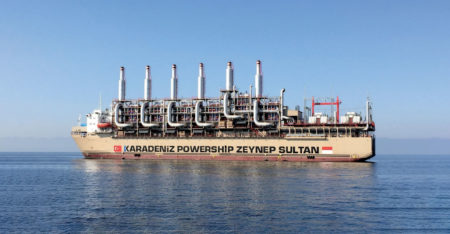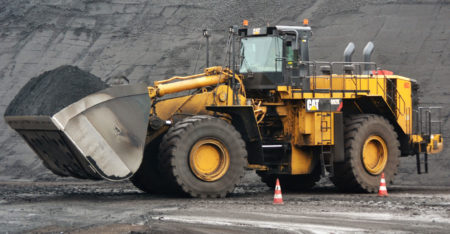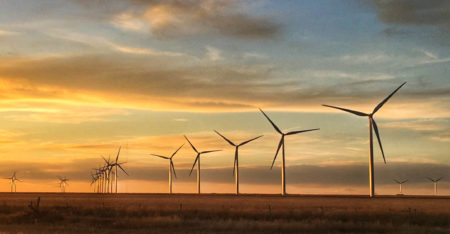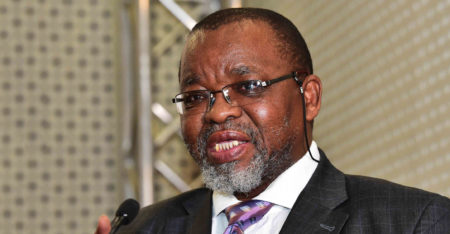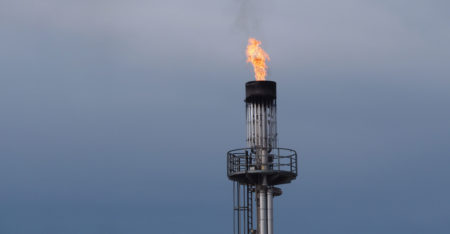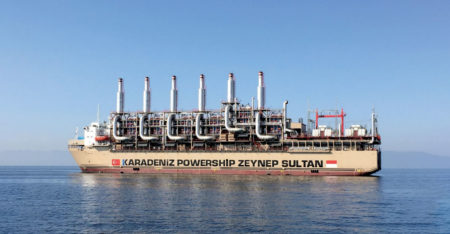Energy regulator Nersa has kicked a hard discussion about a licence for the controversial electricity generator down the road.
Browsing: Gwede Mantashe
South Africa faces “another era of isolation” if it persists with coal power generation, the CEO of Eskom said, arguing a pivot to cleaner energy would boost the competitiveness of the country’s exports.
Eskom, which supplies almost all South Africa’s electricity from coal-fired power plants, is considering spending R106-billion on wind and solar energy by 2030.
Government on Thursday published changes to the Electricity Regulation Act, making it official that power producers of up to 100MW will not require a licence from energy regulator Nersa to operate.
There are widespread doubts that renewable energy projects can happen fast enough to replace coal. So a controversial fossil fuel remains part of the planned energy mix: natural gas.
The decision by the environment department to refuse environmental authorisations for Karpowership SA’s multibillion-rand energy deal is likely to be appealed.
The debacle surrounding South Africa’s bid to secure emergency power supplies has highlighted a dysfunctional energy policy that’s subjecting the country to intermittent blackouts.
Mineral resources & energy minister Gwede Mantashe and the two most senior officials in his department denied corruption in court papers responding to allegations by a losing bidder in a power tender.
South Africa said a legal challenge to its award of a power supply contract worth an estimated R218-billion by DNG Energy was “without merit” and “self-serving”.
Eskom doesn’t want to buy electricity from the company that won most of a government emergency power tender because it’s concerned about the cost and length of the contract, sources said.


